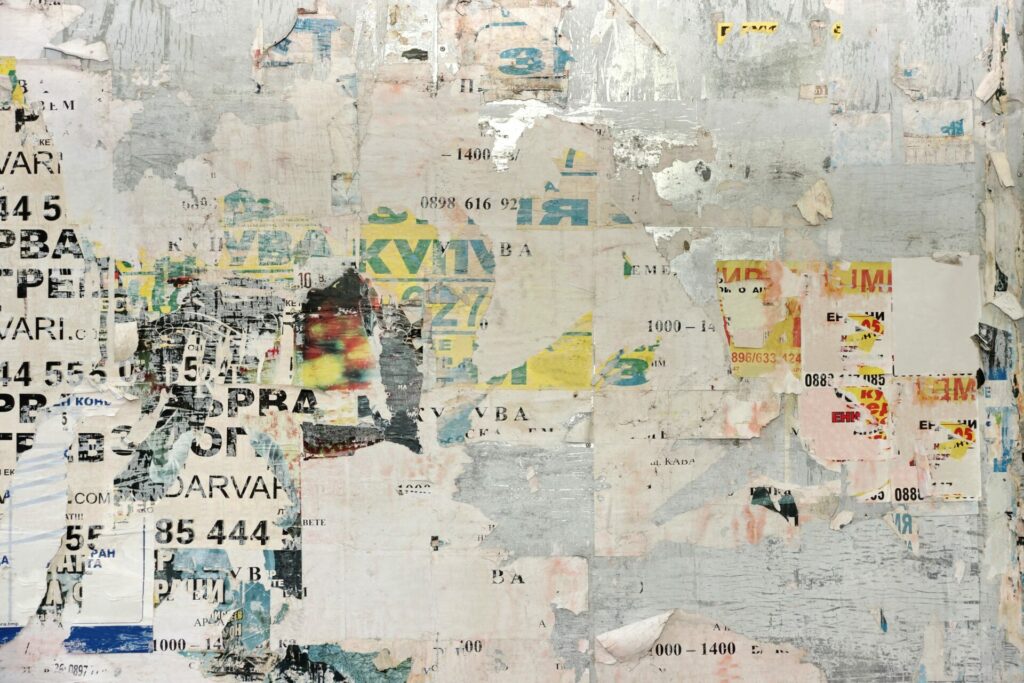What can we learn from commons-run galleries, libraries, archives and museums?
Client
Horizon 2020 (Project partner Inpolis Urbanism GmbH)Project period
October 2022 — December 2025Services
Cultural analysis for the common goodWorking method
Interviews, case studies, institutional biographyProduct
Technical papers, policy papersOur expertise
Urban and cultural analysisPartner
Inpolis Urbanism GmbHLink

GLAMMONS EU Horizon 2020 Project
The GLAMMONS project aims to provide answers to the post-pandemic challenges of galleries, libraries, archives and museums (GLAMS). From the perspective of commons theory, answers are given to pandemic-related transformations and digitisation in the field of GLAMs, as well as their management, funding and participation.
We want to better understand how, for example, queer cultures in Berlin perceive memories for the formation of “their” communities. We are interested in shedding light on the practices in which and how queer communities are constituted. Since politicised movements initiated the foundation of the institution “Schwules Museum” in the early 1980s, pluralising identity politics have configured different kinds of places and spaces to articulate common positions of queer cultures.
The core question is therefore how the experiential knowledge of community-led GLAMs can be transferred to more “established” and traditional cultural institutions in order to make them more sustainable.
Project components


Related projects
Communication compass for Alte Münze (Berlin)
The Alte Münze in the centre of the capital city of Berlin is to become a socio-cultural location in the sense of an urban development oriented towards the common good. A strategic communication concept "Communication Compass" will be developed for Kulturraum Berlin GmbH and all project participants.
Client: Kulturraum GmbH
EU-Cost Action: The geography of New Working Spaces and the impact on the periphery
The geography of New Working Spaces and the impact on the periphery. The aim of the COST Action is to discuss the results of international research projects on the phenomenon of new workplaces.
Client: EU COST
Participation. Urbanism. Interaction.
In summer 2018, Multiplicities supported the German-Ukrainian youth exchange programme "Participation. Urbanism. Interaction". It brings together 20 young participants from Berlin and Chernihiv and promotes discussion about active participation in and transformation of public space.
Client: Foundation Remembrance, Responsibility and Future (EVZ), Federal Foreign Office, Robert Bosch Foundation